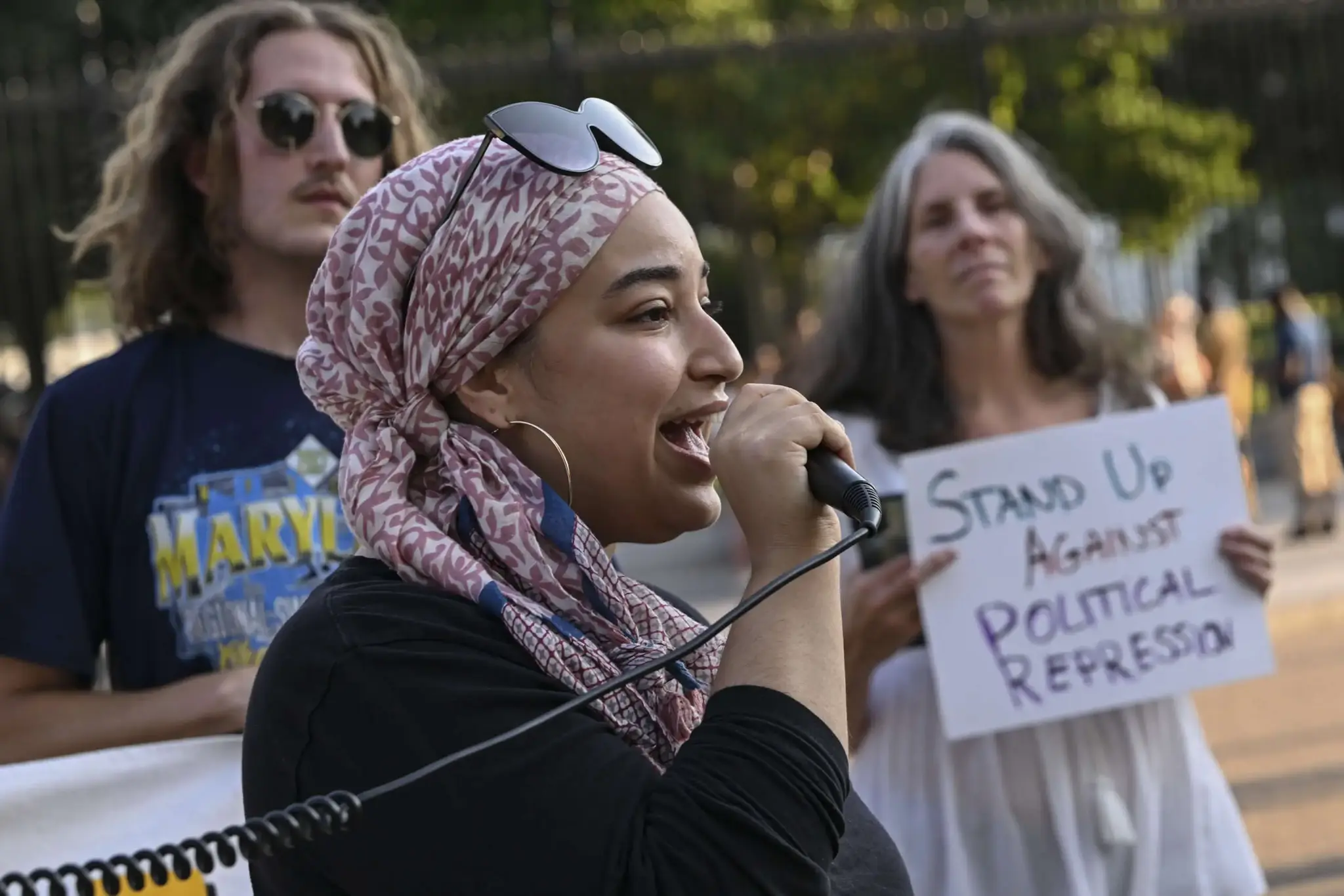deleted by creator
You’re proposing the progressive crowd to be more radical - do you have any views/proposed solution for people that do not see your way and are unlikely to - e.g. radical pro-life people (that tend to stick with right side on economic/education policies as, well, their world view doesn’t fit good with the left… even if some would gladly vote for more progressive economic policies).
So in your “ideal” scenario, which is it: a) No place for them in academia? I.e. force your will b) Let states decide? E.g. California implements some vanguard radical DEI policies while eg. Texas/whatever does it’s own thing and migration/ratings do the job. c) something else?
deleted by creator
Thank you for an in-depth answer!
About lack of possibility to accommodate both pro-life and pro-choice: so to sum it up your stance is to force them out from academia? Pro-life believe abortion is murder - argument about “equitable society” is unlikely to convince somebody that it’s okay to kill in the name of it. At the same time same person can be all in for inclusion, diversity etc. Isn’t this the perfect example of perfect being enemy of good? Radicalization is going to make this and similar groups naturally fall into opposition if you keep forcing them out (and generate a lot of “martyrs” for the cause too). How is radicalization good here?
About compromise: I’d quote you my brother’s law professor:”What is the purpose of the law system? Justice? No! It’s to maintain the order, the system which makes everything work. It is to ensure predictability.” So are the compromises on eg. bodily autonomy morally justifiable from any perspective? No, both sides hate it. Both sides have politicians that want to be as realistic as possible to sway voters, change being just a side effect of the process.
I think what you propose (being more radical) is actually already slowly being implemented (again, by both sides) - problem is if both went with full on “we’re sure we’re right, we’ll make no step back” there would be a revolution or a civil war (no step back means also rapidly escalating reactions from opponents) and no one really wants that in political establishment or… any establishment really. Revolutions usually end in big changes one way or the other and if you’re already in establishment why risk it?
deleted by creator
Damn it, my client crashed twice when typing here and I don’t have the heart to retype my longish answer again.
I’ll be brief, sorry
my bad, I was typing examples of how introducing law deemed radical would have negative consequences and backlash from general populace, showing how politicians use tactics to not scare the public (e.g. distraction with 9/11 to introduce more spicy parts of patriot act or sloooow meddling with electoral rules and districts so that the voter gets bored) - I diverged to general world, this is about academia and higher ed, you’re right. Even more radical stuff could be introduced here as more vocal opposing groups simply don’t care and most conservatives treat higher ed as a lost cause of sorts
deleted by creator





